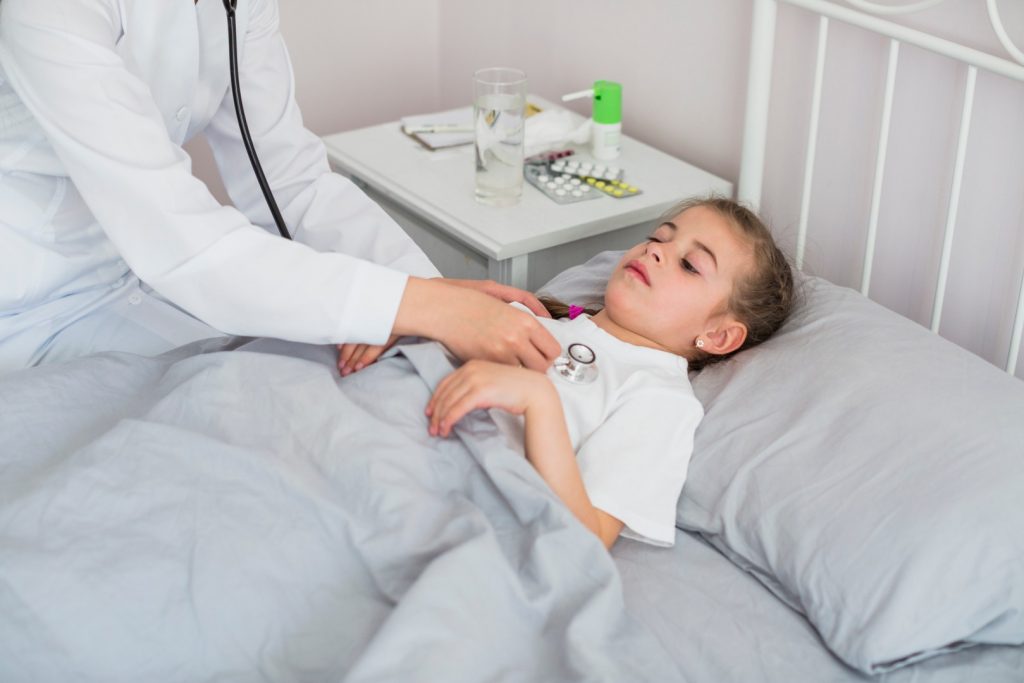
Since December 2019, the world has been experiencing the COVID-19 pandemic, which has startled doctors and scientists worldwide. Although children affected by the coronavirus exhibit minimal symptoms and are less likely to become critically ill, numerous post-COVID complications in this age group can increase morbidity.
Diabetes

A new CDC study reveals a drastic increase in the incidence of Diabetes Mellitus among children affected by the SARS-CoV-2 virus. One study showed a 2.6 times higher number of diabetes cases among children. Various metabolic and social factors contribute to these changes in kids.
The virus directly attacks pancreatic cells, increased stress levels lead to insulin resistance, and the sedentary lifestyle during the pandemic are some major reasons. However, it’s still uncertain whether the diabetic changes are temporary or chronic.
Parents and school teachers should monitor children for symptoms such as increased thirst, hunger, frequent urination, stomach pain, nausea, unintentional weight loss, fatigue, and vomiting.
Multisystem Inflammatory Syndrome in Children (MISC)
One rare but debilitating post-COVID sequelae is Multisystem Inflammatory Syndrome in Children (MISC). MISC involves a constellation of signs and symptoms affecting different organs such as the heart, lungs, vessels, brain, digestive system, and eyes.
Symptoms include fever, vomiting, diarrhea, abdominal pain, redness in the eyes, rash, joint pain, headache, dizziness, and enlarged lymph nodes. Treatment for this rare disease involves intravenous immunoglobulins and steroids.
Long Haulers

Children, whether asymptomatic or mildly symptomatic, can experience chronic complications due to COVID-19. These long-haulers may suffer from multiple issues such as breathing difficulties, brain fog, headaches, joint or muscle pain, fever, heart palpitations, lightheadedness, and stomach pain.
Mental Issues

Just like everyone else, children and adolescents are facing the repercussions of the COVID-19 pandemic. According to many studies conducted in various parts of the world, there is an increased incidence of anxiety, grief, social isolation, uncertainty, and mood disorders in children post-COVID.
Pandemic fatigue and high-stress levels are major contributing factors behind this.
Developmental Issues
Many children may experience subtle changes in neurocognition, speech, attention, movement, and mood. Rarely, children may develop brain swelling leading to encephalitis.
